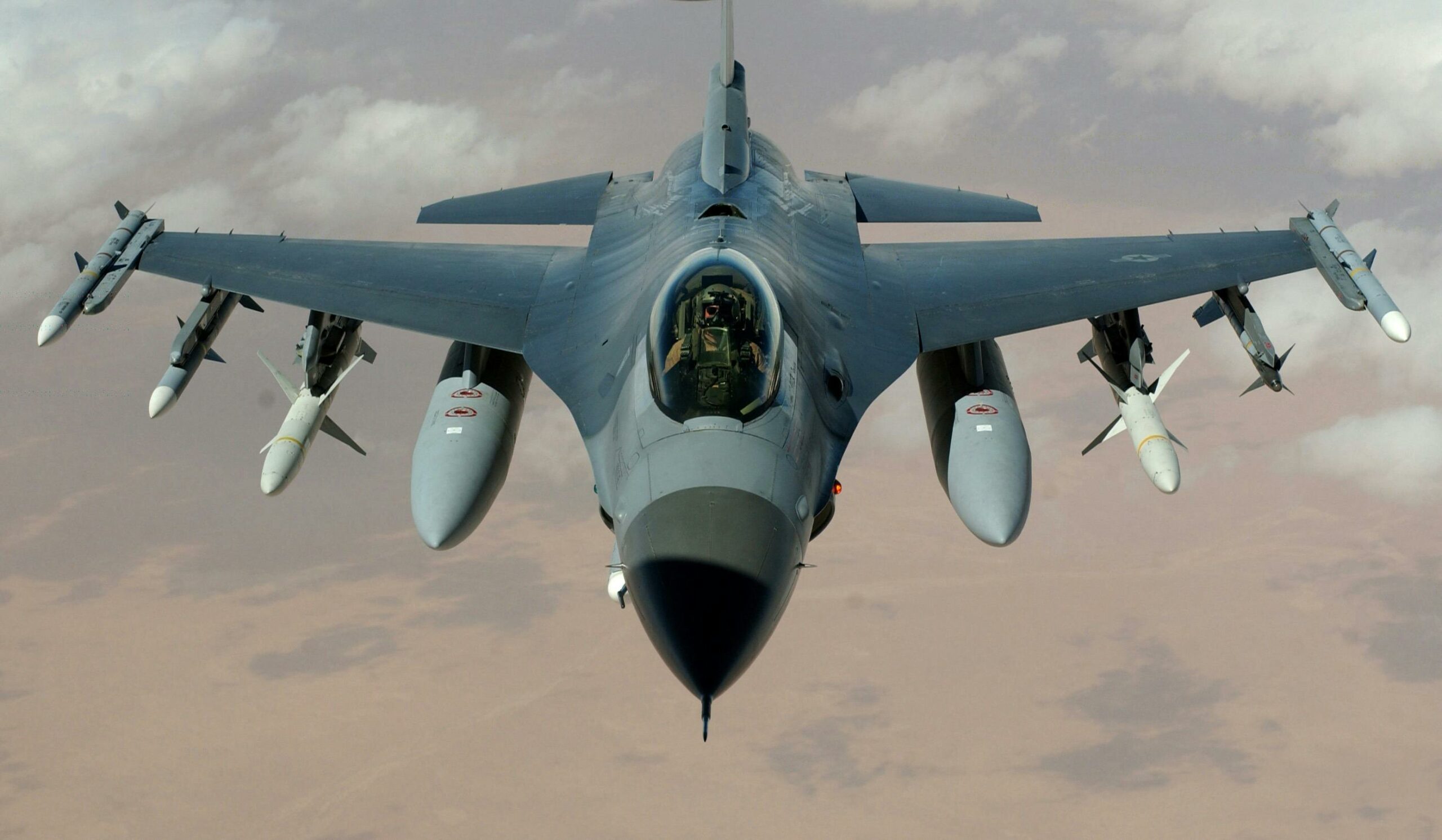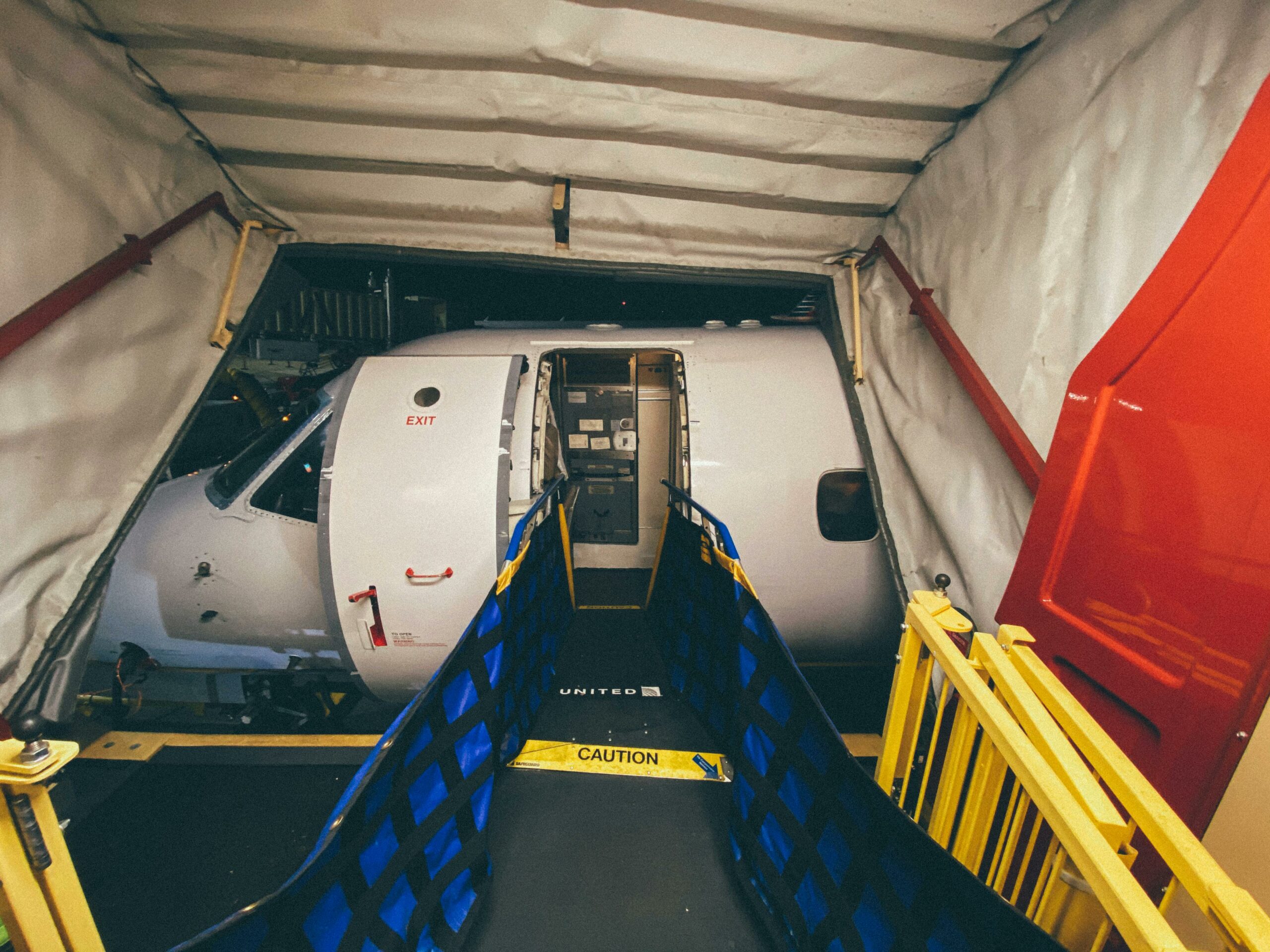Ease Your Nerves with our
First Time Flyer Tips
If you’re reading this, chances are you’re about to embark on your first flight. It’s completely natural to feel a mix of excitement and apprehension. After all, flying is a unique experience, and the unknown can be daunting. But rest assured, you’re in good hands.
In this article, we’ve meticulously curated tips for first time flyers to ensure your maiden flight is smooth and memorable. From navigating the intricacies of airports to packing essentials and managing pre-flight jitters, we’ve addressed it all.
By the time you finish reading, you’ll be equipped with the knowledge and confidence to take on your journey. So, let’s get started and prepare you for that horizon ahead. Safe travels!
What to Know About Airports
When you arrive at the airport, make sure to give yourself plenty of time; plan on arriving at least 2 hours before a domestic flight and 3 hours before an international flight. This will give you ample time to navigate the check-in process and airport facilities without any unnecessary stress.
As a first step, locate your airline’s check-in counter. Here, you can drop off your luggage, present your ID, and receive your boarding pass. To make the process smoother, consider downloading your airline’s app before arriving at the airport. This allows you to check-in online, access your boarding pass through the app, and avoid waiting in long lines at the counter.
Next, you will proceed to the security checkpoint. Familiarize yourself with the TSA guidelines regarding what you can and cannot bring in your carry-on luggage. Keep in mind that you will need to remove items like laptops, liquids, and gels from your bag and place them in separate bins during the security screening. Wear comfortable and easily removable shoes, as you may be asked to take them off as well.
Once you have cleared security, locate your departure gate by checking your boarding pass and the airport’s monitors. Be aware of any gate changes and keep an eye on the time, as boarding usually begins about 30-45 minutes prior to departure. Make sure to have your boarding pass and ID ready when approaching the gate agent.
In case you have a connecting flight, pay close attention to the layover time and the departure gate of your next flight. Airports can be large, so it may take some time to get from one gate to another. Don’t hesitate to ask airport staff for directions or assistance if needed.
What to Pack for Your First Flight
As a first-time flyer with a fear of flying, preparing for your journey can be daunting. By knowing what to pack and having the essentials in hand, you can ease your anxiety and have a smoother trip. Here’s a list of items to consider when packing for your first flight.
Carry-on Bag Essentials
Your carry-on bag should contain everything you need during the flight. Make sure you have:
- A valid passport, ID, and boarding pass.
- Travel-sized toiletries in a clear bag that follow the 3-1-1 liquids rule.
- Any prescribed medications in their original containers.
- A lightweight blanket or scarf for comfort and warmth.
- Snacks and an empty reusable water bottle to fill after passing through security.
Remember that electronic devices and charging cables should be in your carry-on bag, in case you need them for entertainment during the flight.
Checked Bag Guidelines
For items that don’t fit in your carry-on or are prohibited, pack them in your checked luggage. Consult your airline’s luggage requirements for size, weight, and fee information. In your checked bag, consider packing:
- Clothing and shoes suitable for your destination’s weather.
- Larger toiletries that don’t meet the carry-on liquid restrictions.
- A spare outfit and essential toiletries in case your checked luggage is delayed.
Travel Insurance Considerations
To alleviate some of the stress related to flying, consider purchasing travel insurance. Ensure it covers flight cancellations, lost or delayed luggage, and medical emergencies while abroad.
Passport and Other Travel Documents
Keep your passport, boarding pass, and any required visas together in an easily accessible place. Additionally, ensure your passport is valid for at least six months beyond your travel dates. Consider bringing a copy of your passport and travel insurance policy, in case of emergency or loss.
Staying Hydrated During the Flight
Flying can be dehydrating, so it’s crucial to stay hydrated before, during, and after your flight. Bring an empty water bottle that you can fill up once you pass through security. You can also request water from the flight attendants during the flight. Avoid excessive caffeine or alcohol, as they can contribute to dehydration.
Tips to Make Your First Flight Smooth
Checking in online is a great way to save time and ensure you have all necessary information before you even arrive at the airport. Most airlines offer online check-in within 24 hours before your flight, providing your boarding pass and potentially allowing you to select your seats.
Arriving at the airport at least an hour before your flight is essential to ensure a smooth experience. This will give you enough time to go through security checks, find your gate, and deal with any unexpected issues. Keep an eye on your departure time and boarding time, and make sure you’re at the gate when boarding starts.
When you’ve boarded the plane, placing your carry-on luggage in the overhead bin and stowing your personal item under the seat in front of you helps maintain space and order for everyone. Remember that overhead bin space can fill up quickly, so being efficient with your packing can be beneficial.
Respecting onboard etiquette is crucial during the flight. Listen to the flight attendant for instructions, and consider choosing a seat over the wings or towards the front of the plane to minimize the effects of turbulence. When sitting, keep your seatbelt fastened and be mindful of other passengers when reclining your seat or moving around the cabin.
Finally, to pass the time and enjoy your flight, bring along some entertainment like a book, headphones, or games on your mobile device. As a first-time flyer, knowing how pilots predict turbulence might give you some peace of mind, and you can always ask the flight attendant for suggestions on how to stay occupied during the trip.
Dealing with First-Time Flyer Anxiety
If you’re a first-time flyer, feeling anxious about the experience is entirely normal. Here are some helpful tips on how to cope with your anxiety and make your first flight a more enjoyable experience.
To calm your nerves before the flight, try practicing some deep breathing exercises or mindfulness techniques. Focus on getting a good night’s sleep, which can make a significant difference in managing stress levels. Familiarize yourself with the various aspects of air turbulence so you can better understand that it’s a normal part of the flying experience.
Understanding airline procedures can significantly help in easing your anxiety. Research the check-in process, boarding protocol, and baggage policies. Knowing what to expect will help you feel more in control and decrease your stress levels when the big day arrives.
Don’t hesitate to interact with flight attendants. They are there to ensure your safety and comfort. If you’re nervous about flying, let them know – they may be able to offer reassurance or check on you throughout the flight. Flight attendants are well-trained to help passengers overcome anxiety and ensure a smooth flight.
Keep in mind that turbulence or other flight discomforts are a normal part of air travel. Use the strategies outlined here to help manage your anxiety during turbulence. Bring a pillow or neck support to make your journey as comfortable as possible.
To cope with anxiety while in-flight, try focusing on a pleasant activity like reading, listening to music, or watching a movie. Bringing your own activities can be comforting and help time pass more quickly.
When it’s time to exit the plane and return home, take a moment to congratulate yourself on conquering your fears. Reflect on the aspects of the flight that you enjoyed, which will not only boost your confidence but also help to alleviate your flying anxiety in the future.
Additional Tips for First-Time Flyers
As a first-time flyer with a fear of flying, there are several tips that can help make your experience more comfortable and enjoyable. These tips primarily focus on saving time, staying hydrated, checking in online, preparing for an international flight, and handling unexpected delays or cancellations.
Before your flight, make use of a turbulence forecast tool to get an idea of the potential turbulence during your trip. This will help you mentally prepare and ease your anxiety. Moreover, choose the right seat, preferably over the wings, to minimize the turbulence effects.
To save time and avoid potential stress at the airport, check in online up to 24 hours before your flight. This will help you bypass long queues and secure a suitable seat, making your airport experience smoother.
For a more comfortable flight, pack a small water bottle to stay hydrated throughout the journey. Airplanes can have dry air, which might contribute to dehydration. Bringing your water bottle will ensure that you have access to water whenever you need it. However, remember to empty it before you go through security, as liquids are usually restricted.
If you’re on an international flight, be prepared for the customs and immigration process. Research any required entry documents, such as visas or proof of onward travel. It’s also a good idea to carry a photocopy of your passport and other essential documents, just in case you lose the originals.
Don’t forget about managing your flight details. Keep essential trip information, like the flight number, departure, and arrival times, in an easily accessible location. Set reminders or notifications for when it’s time to leave for the airport to ensure you don’t miss your flight.
Lastly, always be prepared for unexpected flight delays or cancellations. Stay updated on your flight’s status, have a backup plan in case of cancellations, and know your airline’s policies regarding compensation or rebooking options. Understanding these policies can save you time and stress if something unexpected occurs.
By following these tips and maintaining a confident, knowledgeable, and clear mindset, your first-time flying experience can be significantly more enjoyable and stress-free.

